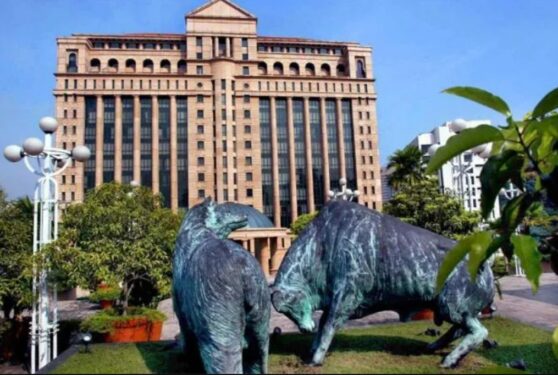BURSA Malaysia Bhd chairman Abdul Wahid Omar yesterday mooted a review and replication of of the successes of the Government-Linked Companies (GLCs) Transformation Programme to deal with the lacklustre performance of Corporate Malaysia, particularly on the local bourse.
During his welcoming address at Invest Malaysia 2020, Abdul Wahid said there was a need to deal with the 5.4% decline in earnings of Malaysian public listed companies (PLCs) between 2015 and 2019. More than half of the top 30 companies in the KLCI are GLCs.
Through the transformation programme, these GLCs were transformed into companies with better performances and governance with enhanced nation-building roles between 2004 and 2015, Abdul Wahid said.
“Over the 11-year period, net profit of 17 GLCs grew by 10.2% per annum from RM9.9 bil to RM26.2 bil, while their combined market capitalisation grew 2.9 times from RM133.8 bil to RM386 bil. This represented a total shareholder return of 11% per annum.
“The time has come for shareholders, including GLICs (government-linked investment companies), to demand more from the board and management of the PLCs they invest in,” Abdul Wahid added.
But observers believe that while the GLC Transformation Programme was effective in some areas, the agenda was effectively stymied as there was a lack of political reforms.
“What Abdul Wahid said is correct but it is a selective account. Because, yes, on the one hand, it’s good. On the other hand, if we look carefully, this didn’t go in tandem with political reforms,” Edmund Terence Gomez of the Universiti Malaya told FocusM.
Political reforms, said Gomez, meant proper checks and balances of GLCs and its larger cousins, GLICs.
Both GLCs and GLICs “need to act in the interests of the country. But there has been no parliamentary oversight or devolution of power to key oversight institutions,” he added.
The GLC Transformation Programme was launched in May 2004 under then prime minister Abdullah Badawi as part of his government’s efforts to spur development and grow the economy.
The launch saw the introduction of key performance indicators, board composition initiatives, the revamp of Khazanah Nasional Bhd as well as changes in the management of a number of GLCs.
Leading the charge was then second finance minister Nor Mohamed Yakcop. Some of the corporates that rose through the ranks during this period were Abdul Wahid himself, current Khazanah managing director Shahril Ridza Ridzuan and his predecessor Azman Mokhtar, to name a few.
But “the drawback of the GLC Transformation Programme was that it is not a law. Therefore, it was not compulsorily enforceable on all GLCs,” said former Khazanah managing director Sheriff Kassim.
This led to instances where GLCs coming under the purview of statutory bodies and state governments, the minister or chief minister could exercise direct control over board appointments and top management, he added.
“When these GLCs fail commercially or are brought down by financial scandals, the angry public blames the whole GLC sector for poor financial discipline, bribery and corruption. The truth is there are good GLCs and bad GLCs,” Sheriff said.
Moving forward, he urged Putrajaya, through the Ministry of Finance, to have the “political courage to crack its whip” in ensuring all GLCs adopt the transformation programme.
Recalcitrant GLCs should also be forced to close down “if they are not self-financing due to their own failures in practising good governance to make investors, bankers and businesses interested in dealing with them,” Sheriff said. – July 8, 2020










